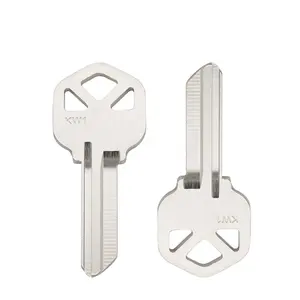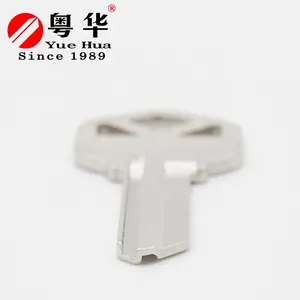Introduction to Keyway Key
A keyway key is an essential mechanical component that ensures the secure operational alignment of rotating equipment. Primarily used in machine design and manufacturing, these keys fit into specifically engineered slots, known as keyways, in both shafts and hubs. The primary purpose of a keyway key is to transmit torque and eliminate any relative motion between the parts it connects. Keyway keys are integral in various applications, ranging from automotive to industrial machinery. Understanding the types and applications can help in selecting the right keyway key for your project.
Types of Keyway Keys
Keyway keys come in various shapes and sizes, each suited for specific applications and load requirements. Here are the most common types:
- Straight Key: A simple rectangular piece of metal that fits into a keyway; ideal for securing components that experience low loads.
- Tapered Key: Shaped like a wedge, this key can provide better grip and is primarily used in high-load applications.
- Woodruff Key: A semicircular design that sits in a circular keyway, useful for limited axial space applications.
- Clamped Key: Utilizing a wedge mechanism, it's optimal for high torque applications and enables easy disassembly.
Applications of Keyway Keys
Keyway keys are used across various industries because of their reliability and ease of installation. Some common applications include:
- Industrial Machinery: Essential in machines where shafts and gears must work together without slippage, keeping operations smooth.
- Automotive: Used in engines and transmissions to maintain torque and power transfer between components.
- Power Transmission: In applications like pulleys and belts, keyway keys prevent ineffectiveness due to rotational forces.
- Construction Equipment: Vital for securing rotating mechanisms that require dependable and robust connections.
Features and Advantages of Keyway Keys
Understanding the key features and benefits of keyway keys can enhance your engineering practices. Here’s why they are favored in mechanical applications:
- Robust Design: They are built to withstand high torque loads, minimizing wear and tear.
- Material Variety: Common materials include steel, aluminum, and bronze, providing options based on strength and corrosion resistance.
- Easy Installation: The straightforward design allows for quick fitting and removal, making maintenance simple.
- Cost-Effective: Reduces downtime and repair costs due to their reliability and longevity.










































































































































































